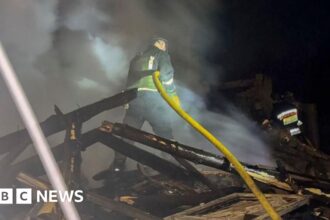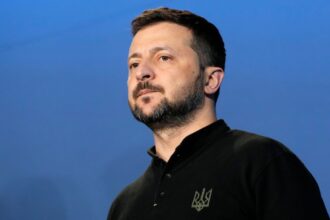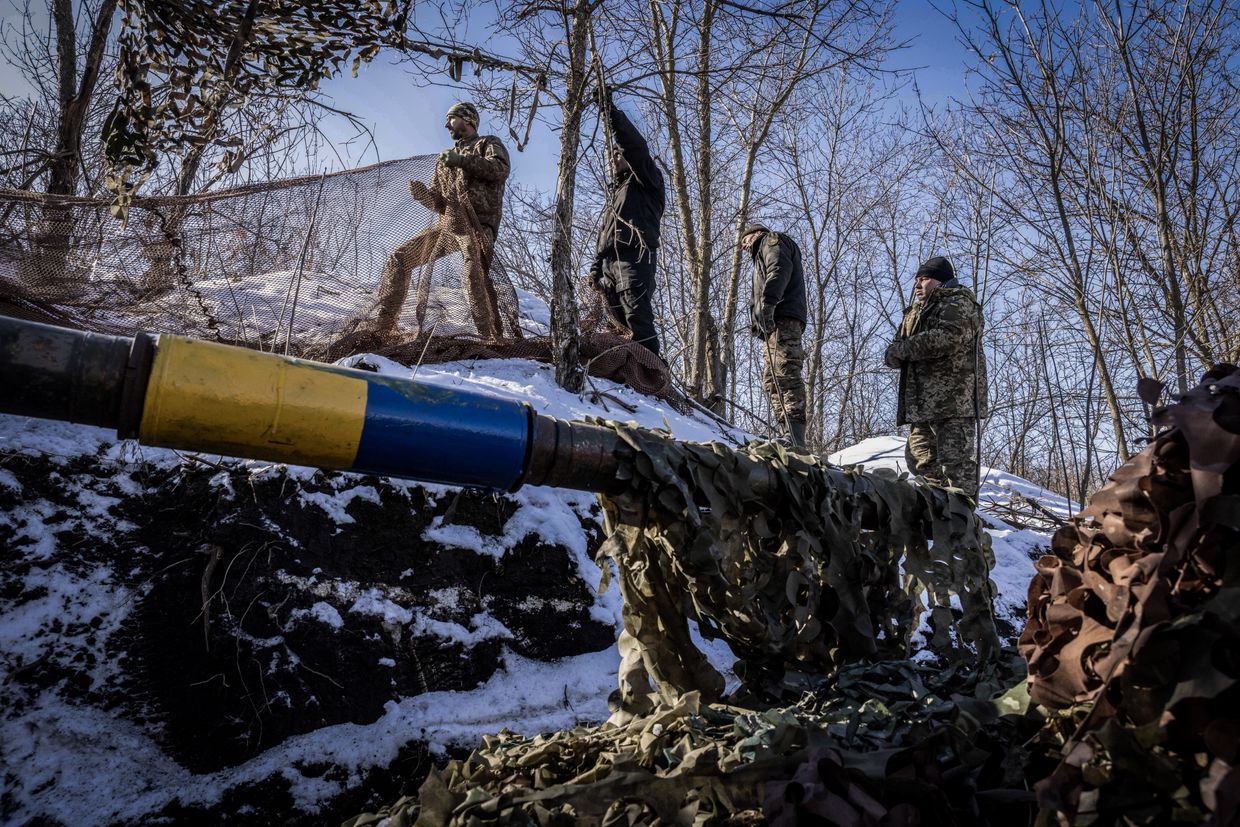**Ceasefire Talks Yield Progress, But a Full Ceasefire Remains Elusive**
After three days of intense talks with the US, Russia and Ukraine have agreed to a limited ceasefire in the Black Sea. The agreement also includes a halt on strikes against energy facilities.
**What Has Been Agreed Upon?**
Ukraine, Russia, and the US have agreed to ensure safe navigation and prevent the use of commercial vessels for military purposes in the Black Sea. In return, the US will help restore Russia’s access to the world market for agricultural and fertilizer exports.
**Russia’s Commitment to the Deal is Unclear**
The Kremlin has said that the Black Sea ceasefire will only take effect if additional Western sanctions are lifted on financial organizations involved in food trade operations. President Volodymyr Zelensky has accused Russia of deception, saying the partial ceasefire should have taken effect on March 25.
**Progress Remains Slow Towards a Full Ceasefire**
While progress has been made towards a limited ceasefire, a full ceasefire or peace deal remains elusive. Ukraine has agreed to a US-proposed full 30-day ceasefire, but Russia has refused and instead demanded concessions from Ukraine.
**Russia’s Demands**
Moscow has demanded that Ukraine surrender four oblasts, including the regional capitals of Zaporizhzhia and Kherson. Ukraine will not officially recognize any occupied territory as part of Russia.
**Can a Full Ceasefire Still Be Achieved?**
Progress remains slow on a broader ceasefire or peace deal between Russia and Ukraine. The US has acknowledged difficulties in reaching a deal, but some small cracks are beginning to show.




